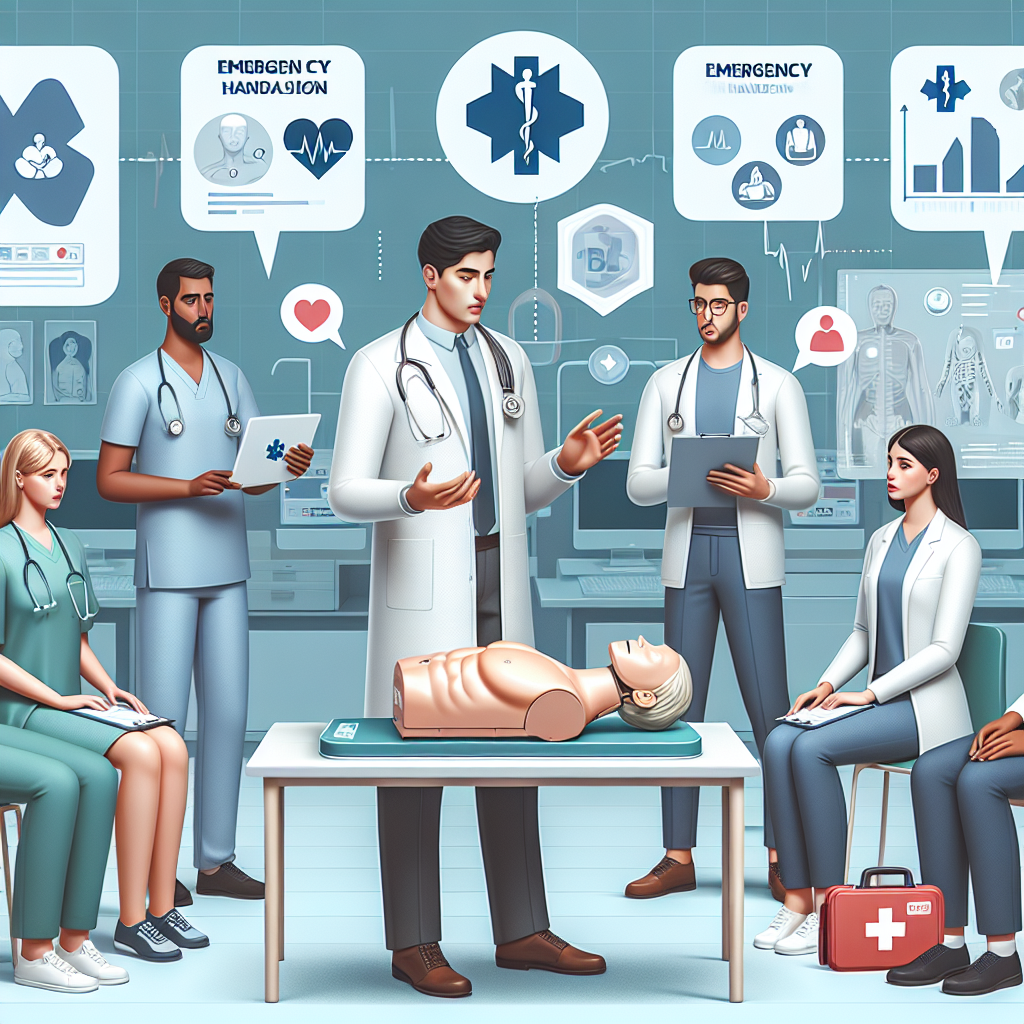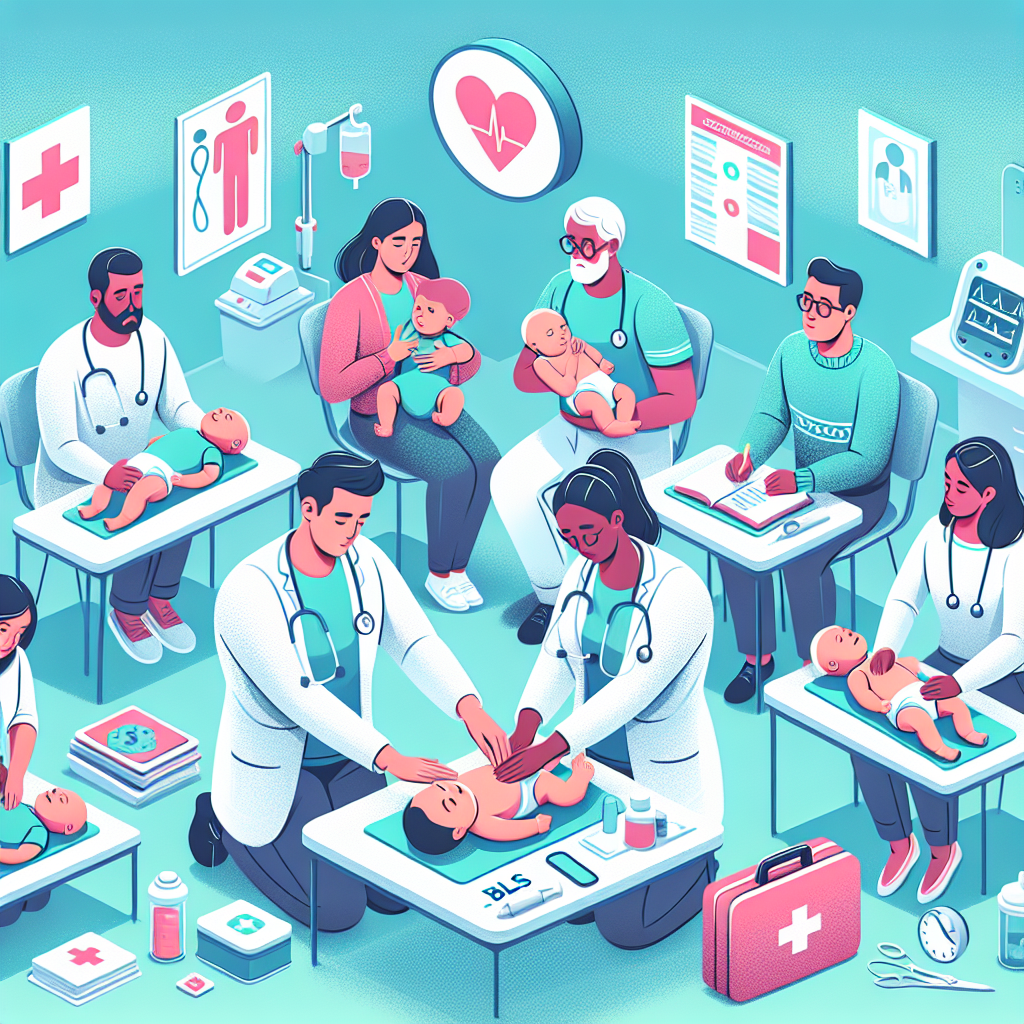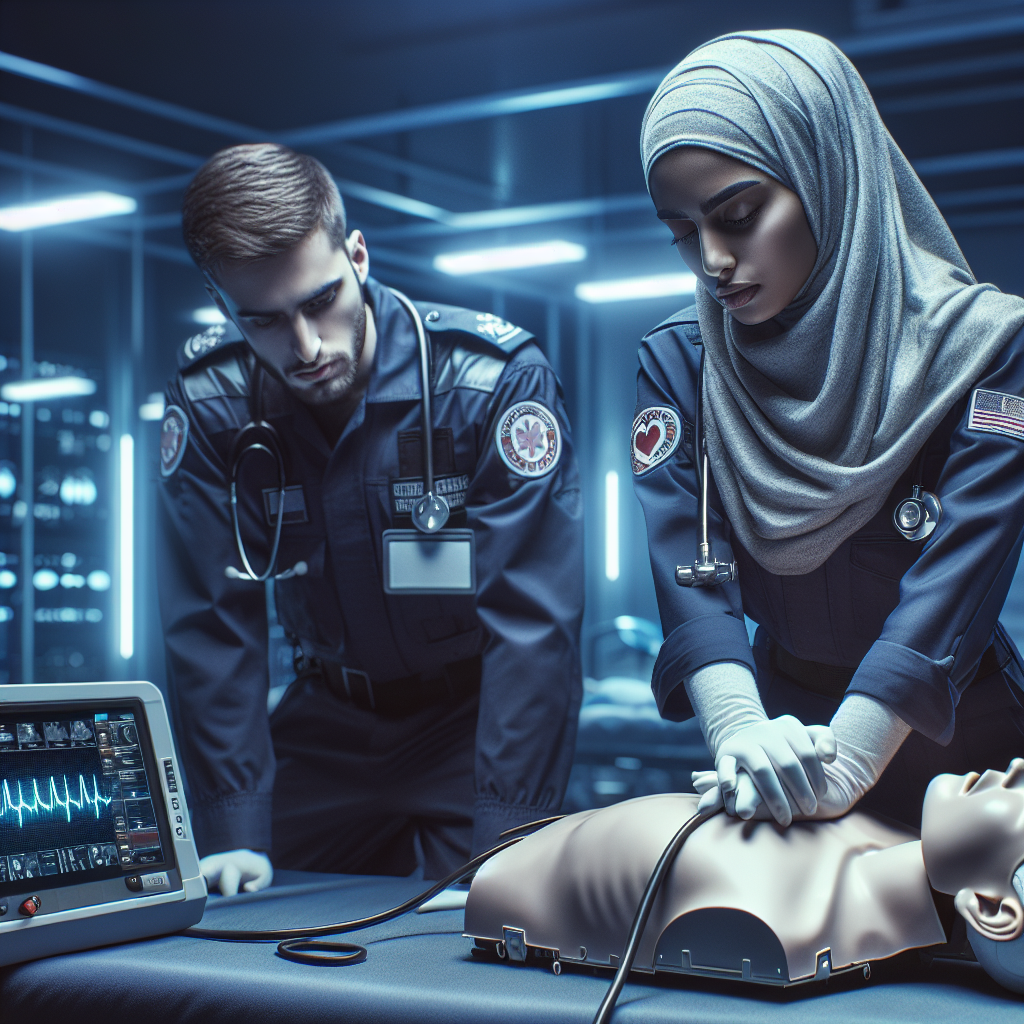“Decoding BLS: An In-depth FAQ for New Medical Students”

This blog post answers frequently asked questions about Basic Life Support (BLS) certification for medical students. BLS involves cardiopulmonary resuscitation, using automated external defibrillators, and airway obstruction relief. It is a critical skill required for medical students, enhancing their responsiveness, professional competence, and readiness for life-threatening emergencies. Certification involves education, an examination, and subsequent renewal every two years. The blog recommends online certification for its flexibility, convenience, and cost-effectiveness, specifically listing American Health Training as a reputable provider.
“Understanding the Importance of BLS in Emergency Situations”

BLS (Basic Life Support) is crucial in emergency situations to save lives and prevent brain damage. It is often the first response to cardiac or respiratory arrest. BLS certification equips individuals with the knowledge and skills to respond effectively in emergency situations and is especially important for healthcare and public safety professionals.
“Understanding the Importance of BLS for New Parents”

Learning Basic Life Support (BLS) is vital for new parents as it provides essential skills for dealing with choking hazards, drowning risks, and sudden cardiac arrest in children. Parents can get BLS certified through an online course by American Health Training.
“Decoding BLS: A Comprehensive FAQ for Medical Students”

Basic Life Support (BLS) certification equips medical students with life-saving skills for emergencies. The certification covers CPR techniques, AED use, choking relief, and teamwork. It’s typically valid for two years and is required for many healthcare positions. The American Heart Association and the American Red Cross are among several organizations offering BLS certification courses.
“Debunking Common Myths About BLS Certification” (Myth-busting, conversational style, for all

The article dispels five myths about Basic Life Support (BLS) certification, emphasizing that it is not just for ER staff or new professionals, and that the certification is neither expensive nor time-consuming. It also affirms that even those with advanced training require BLS. BLS skills are critical for all healthcare providers to respond effectively in emergencies.
“Debunking Common Myths about BLS Certification” (Myth-busting, conversational style, for general

The top five Basic Life Support (BLS) certification myths are debunked in this blog post. They include misconceptions about BLS certification being just for doctors and nurses, being time-consuming, expensive, unnecessary with advanced medical training or a one-time requirement. The truth shows BLS is critical for all healthcare providers, easily accessible, affordable, and necessary to stay updated with medical advancements.
“Demystifying BLS: A Comprehensive FAQ for Daycare Workers”

The blog post provides an FAQ on Basic Life Support (BLS) for daycare workers, highlighting the importance of this certification for handling medical emergencies like choking, cardiac arrest, and respiratory distress. It outlines BLS components including chest compressions, rescue breathing, use of Automated External Defibrillators (AEDs), and managing choking. The certification, valid for two years, can enhance safety, increase confidence, and meet regulatory requirements.
“Decoding BLS: A Comprehensive FAQ for Paramedics”

This comprehensive guide explains Basic Life Support (BLS) for paramedics, detailing the importance of BLS certification, key components such as chest compressions, rescue breathing, and the use of AEDs. It also explains the process of obtaining BLS certification and the advantages of online training, and provides advice on staying updated on BLS guidelines.
Demystifying BLS: A Comprehensive FAQ for New Paramedics

The blog provides a comprehensive guide for new paramedics about Basic Life Support (BLS), a crucial level of medical training involving CPR, using defibrillators, and relieving choking. It underscores the importance of getting BLS certification for paramedics, outlines the certification process, skills taught, renewal period, common training challenges, and tips for regular practice.
“Basic Life Support 101: BLS Skills, Importance & Certification Guide”

Basic Life Support (BLS) is a critical set of skills aimed at saving lives in emergencies like cardiac arrest or choking, and includes recognizing life-threatening emergencies, providing CPR, using an AED, and clearing airway obstructions. BLS certification, which can be obtained via American Health Training, is beneficial to healthcare and public safety professionals, as well as anyone wishing to be emergency prepared.

